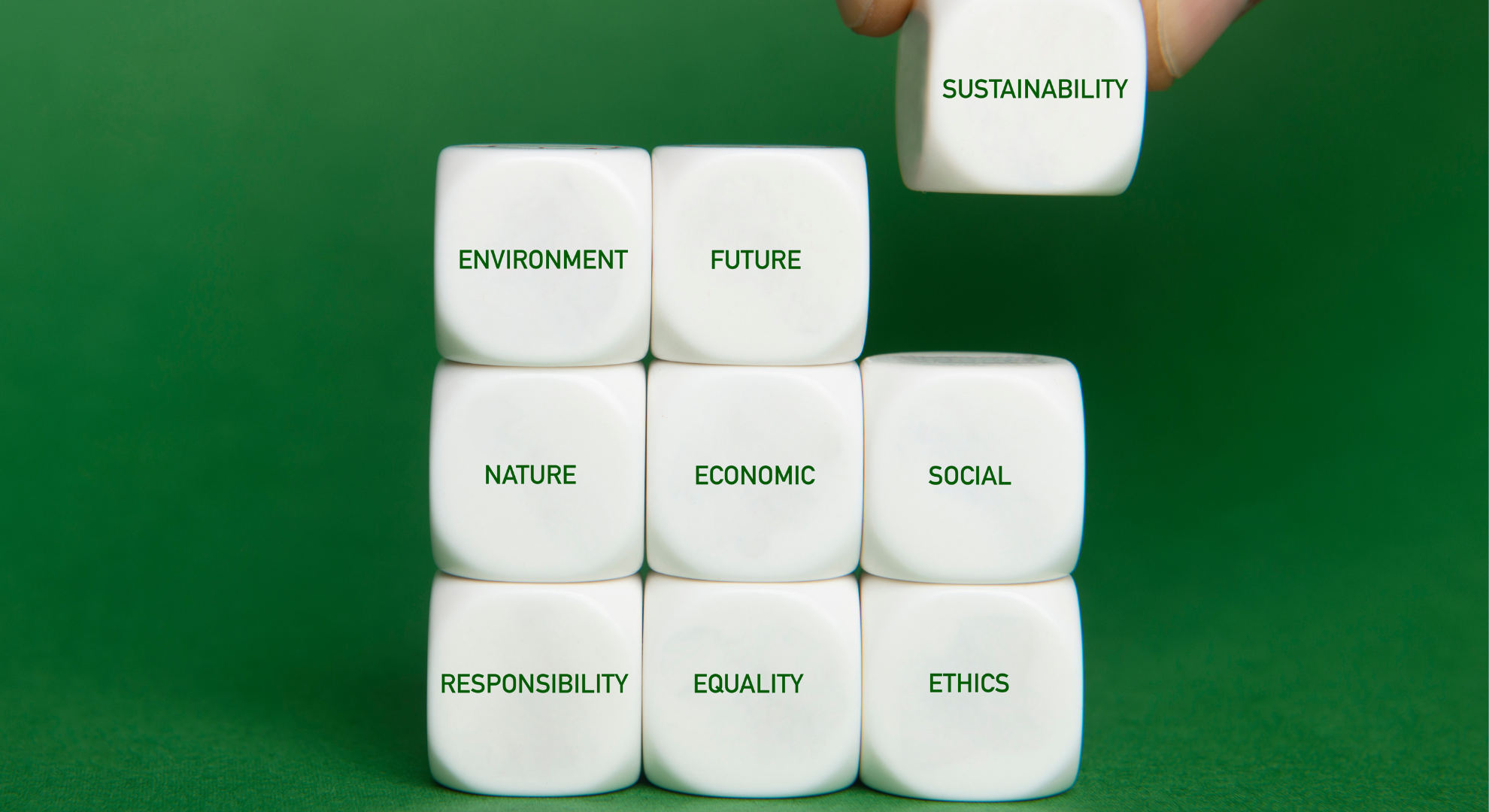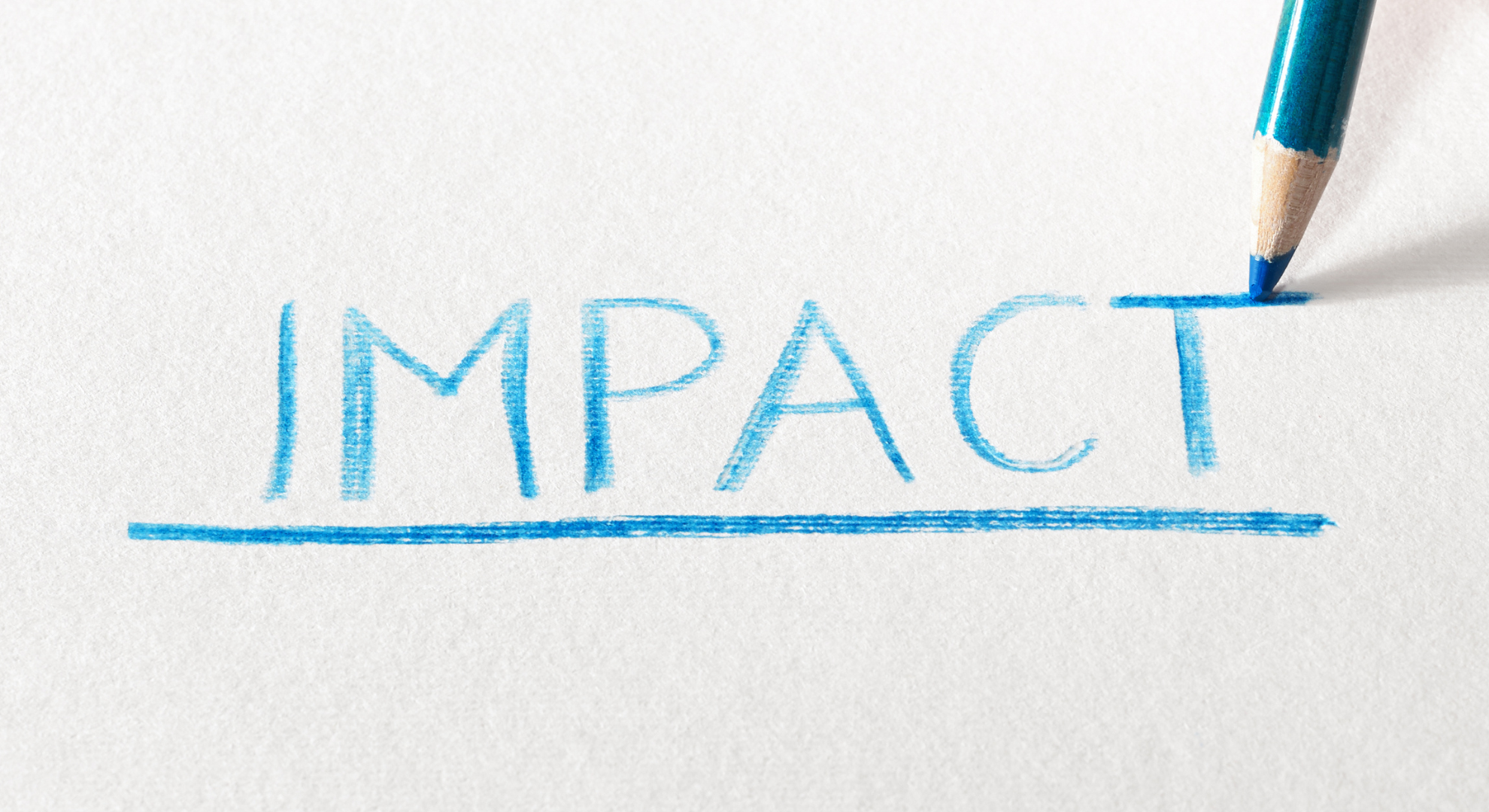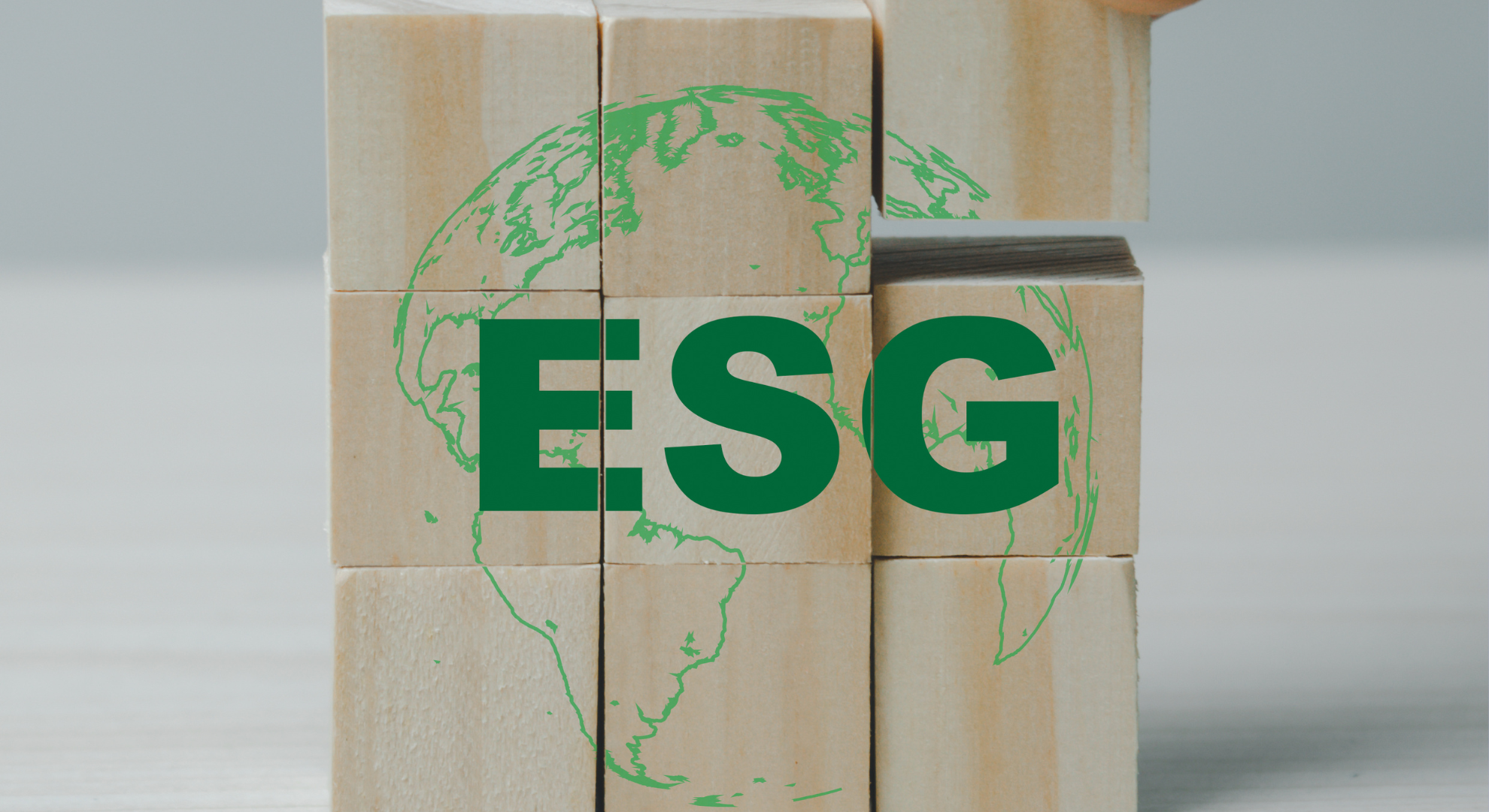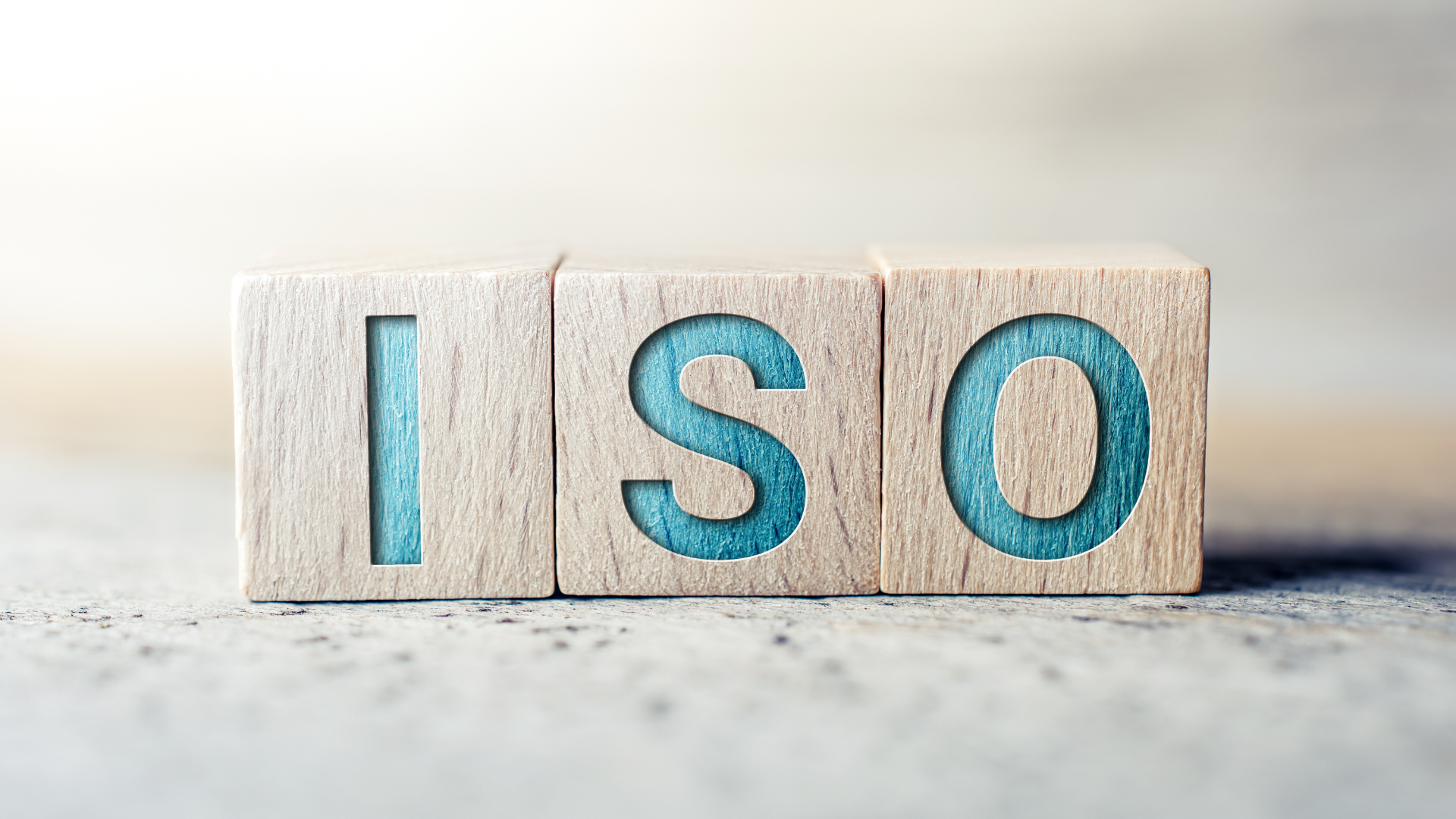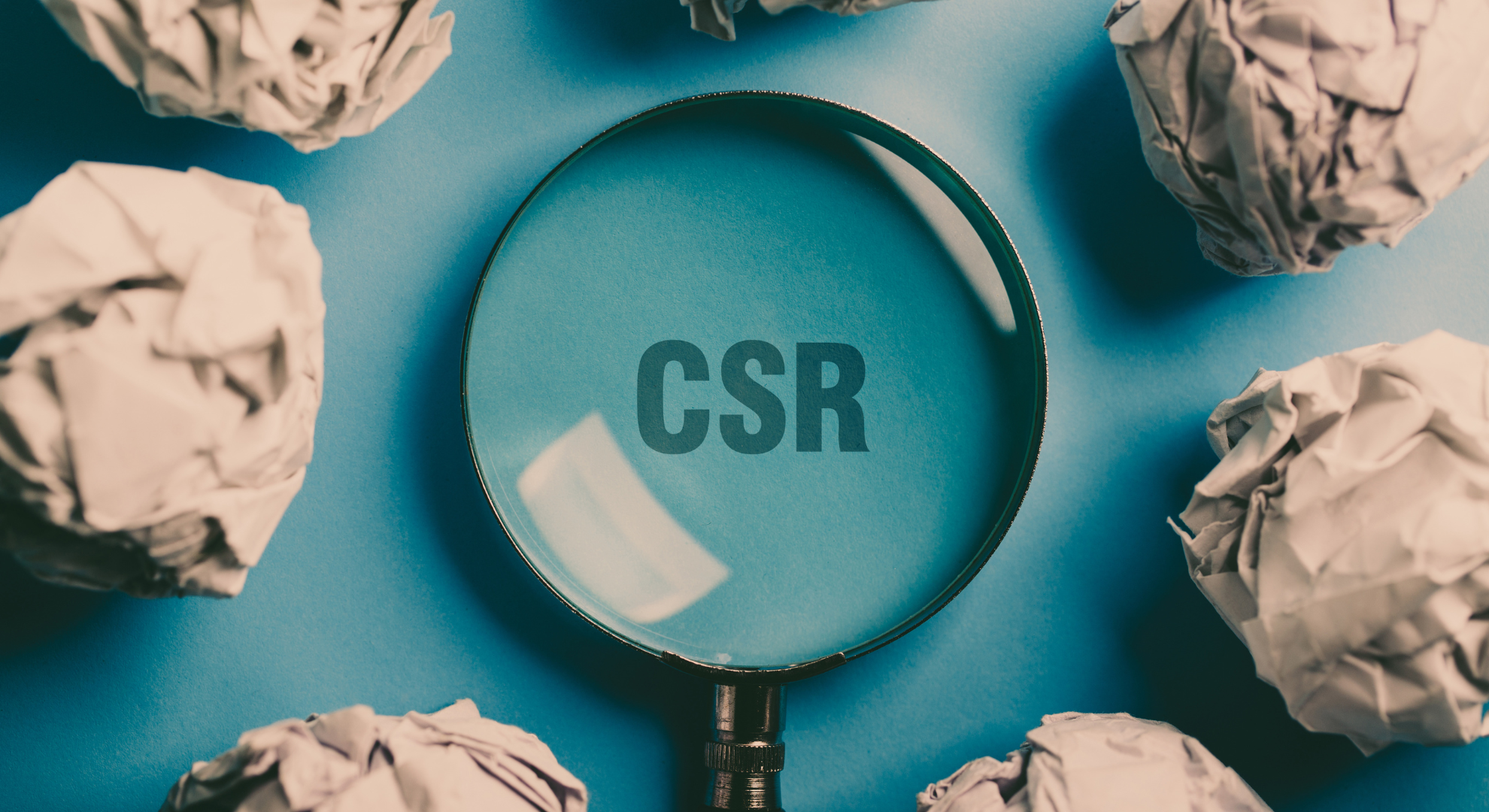Definition
The ISO 26000: Guidance on Social Responsibility is the internationally recognized and supported standard for social responsibility, published by the International Organization for Standardization (ISO).
The standard defines social responsibility as: “ the responsibility of an organization for the impacts of its decisions and activities on society and the environment through transparent and ethical behavior” that:
- Contributes to sustainable development, including the health and welfare of society
- Takes into account the expectations of stakeholders
- Complies with applicable law and is consistent with international norms of behavior
- Is integrated throughout the organization and practiced in its relationships.
What is the intent behind ISO 26000?
ISO 26000 establishes the principles and guidelines of the concept of social responsibility.
It intends to help all types of organizations, like companies, NGOs, cooperatives, unions, operate in a socially responsible way and integrate socially responsible behavior into the organization. This means that organizations are aware of how their actions and decisions impact the people and the environment around them and act accordingly.
ISO 26000 is aligned with the definition of Corporate Social Responsibility (CSR) as defined in 2001 by the European Union: “A concept whereby companies integrate social and environmental concerns in their business operations and in their interaction with their stakeholders on a voluntary basis.”
Consequently, many organizations align their CSR strategy with the standard ISO 26000.
A quick history of the ISO organization and the ISO 26000 framework
Corporate social responsibility is not a new concept. The 1953 book ‘Social Responsibilities of the Businessman’ by Howard Bowen is often heralded as the start of the modern debate about the issues that organizations need to consider.
The consideration started with the organization’s philanthropic activity, and then gradually expanded over the years to include topics such as labor conditions, fair business operations, human rights, the environment, corruption, and consumer protection.
In response to this, the standard ISO 14001: Environmental management systems – Requirements with guidance for use, that focuses on pollution prevention and environmental management, was published in 1996. It is used by businesses, nonprofits, and government agencies to reduce pollution, waste, and greenhouse gas emissions.
Then, with the awareness of these subjects and the increase in the number of topics, the need for a wider framework appeared.
The ISO 26000 standard was published in November 2010. It is a result of 5 years of multi-stakeholders in-depth work. Over 400 experts from 80 different countries and groups such as industry, consumers, governments, labor, NGOs, service, support, and research have been involved.
Social responsibility is quite a complex concept. The ISO 26000 standard answers this issue providing guidance for organizations to implement sustainable development on a global scale.
The International Organization for Standardization (ISO), founded in 1947 in London, is an independent, non-governmental international organization that develops and publishes worldwide technical, industrial, and commercial standards, to ensure quality, safety, and efficiency of products, services, and systems.
ISO in numbers today:
- 24166 International Standards covering almost all aspects of technology and manufacturing have been issued
- 167 members representing ISO in their country. There is only one member per country
- 802 technical committees and subcommittees to take care of standards development
ISO 26000 today
Nowadays, ISO 26000 is one of the most widely used and recognized ISO standards.
The standard has been applied by tens of thousands of organizations of many types and sizes and in all parts of the world.
2020 marked ten years since ISO 26000’s first publication.
« Since publication ten years ago the standard has been adopted by more than 80 countries, most of which are developing countries, and we see how it has inspired public policy and businesses in Indonesia, Chile, India, China, Japan, the United Kingdom, Korea, the European Union among others. » Mr Staffan Söderberg, Vice-Chair of the ISO Working Group that developed ISO 26000, AMAP
Every few years, the ISO members body (160+ country members) is asked whether to keep it as it is, review or amend it, or withdraw the standard.
In the 2020/2021 review, the member’s body voted to keep ISO 26000 in its current version.
This review also highlighted some developments in the number of governments that have adopted ISO 26000: governments of Vietnam, Congo, Iran, Kuwait, Saudi Arabia, United Arab Emirates, and Sudan had reported having adopted or progressed the adoption. This brings the number of countries to 88.
However, while society has made progress in many areas over the last decade, the guidance of ISO 26000 remains more than relevant to addressing today’s challenges.
With many organizations being forced to reassess the way they do business in the light of COVID-19, the importance of social responsibility has come to the fore as a component of building a more resilient and more equitable business and therefore society.
Learn more about ISO 26000...
Related articles
Global Reporting Initiative: What It Is and How to Do It
GRI stands for Global Reporting Initiative, and is an international independent standards organization that promotes sustainability reporting through the development of global standards for corporate responsibility, including environmental, social and governance (ESG) reporting...
Impact – What is Impact
The Corporate Sustainability Reporting Directive (CSRD) requires large businesses and SMEs to produce annual reports on their environmental and social impacts.
CSRD – What is CSRD
The Corporate Sustainability Reporting Directive (CSRD) requires large businesses and SMEs to produce annual reports on their environmental and social impacts.
Corporate Sustainability Reporting Directive: All you need to know
The Corporate Sustainability Reporting Directive is an EU regulation that will have a huge impact on how organisations report their environmental, social and governance (ESG) performance...
Sustainability – What is Sustainability
The GRI is an international independent standards organization and currently issues one of the most well-known standards for ESG reporting (GRI Standards).
Discover the latest Sustainability Recent Developments to improve your companies
Sustainability is a concept that evolves due to pressing sustainability challenges, worldwide issues, and its own concept limits. New concepts have emerged to think further and respond better to all the world’s current challenges...
GRI – What is the Global Reporting Initiative
The GRI is an international independent standards organization and currently issues one of the most well-known standards for ESG reporting (GRI Standards).
What is Materiality and Why it matters in business
Materiality is crucial for sustainability reporting because it allows companies to focus on the most important aspects of their sustainability efforts. A company can choose to report on all aspects of its sustainability program, but this would be extremely time-consuming and would probably not be very useful for investors and other stakeholders...
Materiality – What is Materiality
ESG is an acronym for Environmental, Social, and (Corporate) Governance. It refers to the non-financial factors of a corporation’s impact.
EcoVadis – What is EcoVadis rating
Created in 2007, EcoVadis provides a collaborative web-based rating platform for assessing the sustainability performance of organizations worldwide.
Impact-washing – What is Impact-washing
Impact washing can be defined as any marketing claim about a product/good/service/funds triggering a change in the real economy that cannot be supported by evidence.
B Corp – What is B Corporation certification
ESG is an acronym for Environmental, Social, and (Corporate) Governance. It refers to the non-financial factors of a corporation’s impact.
The concept of impact on social and environmental issues and its implication for companies
Impact measurement is a powerful tool for companies to gauge their impact on social and environmental issues. In this article, we will discuss the concept of impact, its implications for organizations, and how it can be measured...
The most important and recent developments of ESG (Environmental, Social and Governance)
Being a B Corporation is not just about making profits and creating wealth for a company, it is a way of creating a more sustainable future for society! Discover our article about B corps and its benefits here...
The process for an enterprise to get the B corp certification
Becoming a B Corporation is an ambitious undertaking. This article will guide you through the steps required to become a B Corporation…
CSR – What is Corporate Social Responsibility
CSR is centered on the idea that businesses have a responsibility to benefit the society that they exist within—a broader view than the one that says businesses’ only responsibility is to produce economic profit.
What is a B Corporation: what this means and its benefits for companies
Being a B Corporation is not just about making profits and creating wealth for a company, it is a way of creating a more sustainable future for society! Discover our article about B corps and its benefits here...
The guide to EcoVadis certification: frequently asked questions
This guide will take you through the steps of the EcoVadis Certification process, and explain what is involved in becoming a certified business...
The implications of ISO 26000 for companies
ISO 26000 is a standard providing direction for the application of social responsibility to the activities of an organization. But what does this mean? And how can organizations use it to create better and more sustainable business practices? Let's talk about it…
What is the meaning of CSR (Corporate social responsibility) and how to adopt it?
A Corporate Social Responsibility strategy refers to an organization's active consideration of the effects its activities have on the environment, employees, customers, and suppliers. Let's look at how your company could adopt such a program...
ESG – What is Environmental, Social and Governance
ESG is an acronym for Environmental, Social, and (Corporate) Governance. It refers to the non-financial factors of a corporation’s impact.
4 reasons companies should adopt CSR, Corporate social responsibility
CSR is all about managing a company’s externalities while creating sustainable value for stakeholders and continuous innovation for the business. Let's break that down and explore why...
Carbon disclosure project reporting: what is it and how does it work?
Read our article about The Carbon Disclosure Project (CDP), an extra-financial questionnaire that collects data on companies’ environmental practices and performance...
What are the differences between Corporate Social Responsibility (CSR) and Environmental Social Governance (ESG)?
These terms are both used to describe an approach for businesses to integrate social and environmental factors into their governance policies, strategies, processes, and programs. Yet, they're not the same. Let's explore their key differences...
Why is ESG (Environmental, Social and Governance) important for a business
ESG (environmental, social and governance) can help businesses make sound decisions, and investors achieve better long-term returns. Let's discover how...


